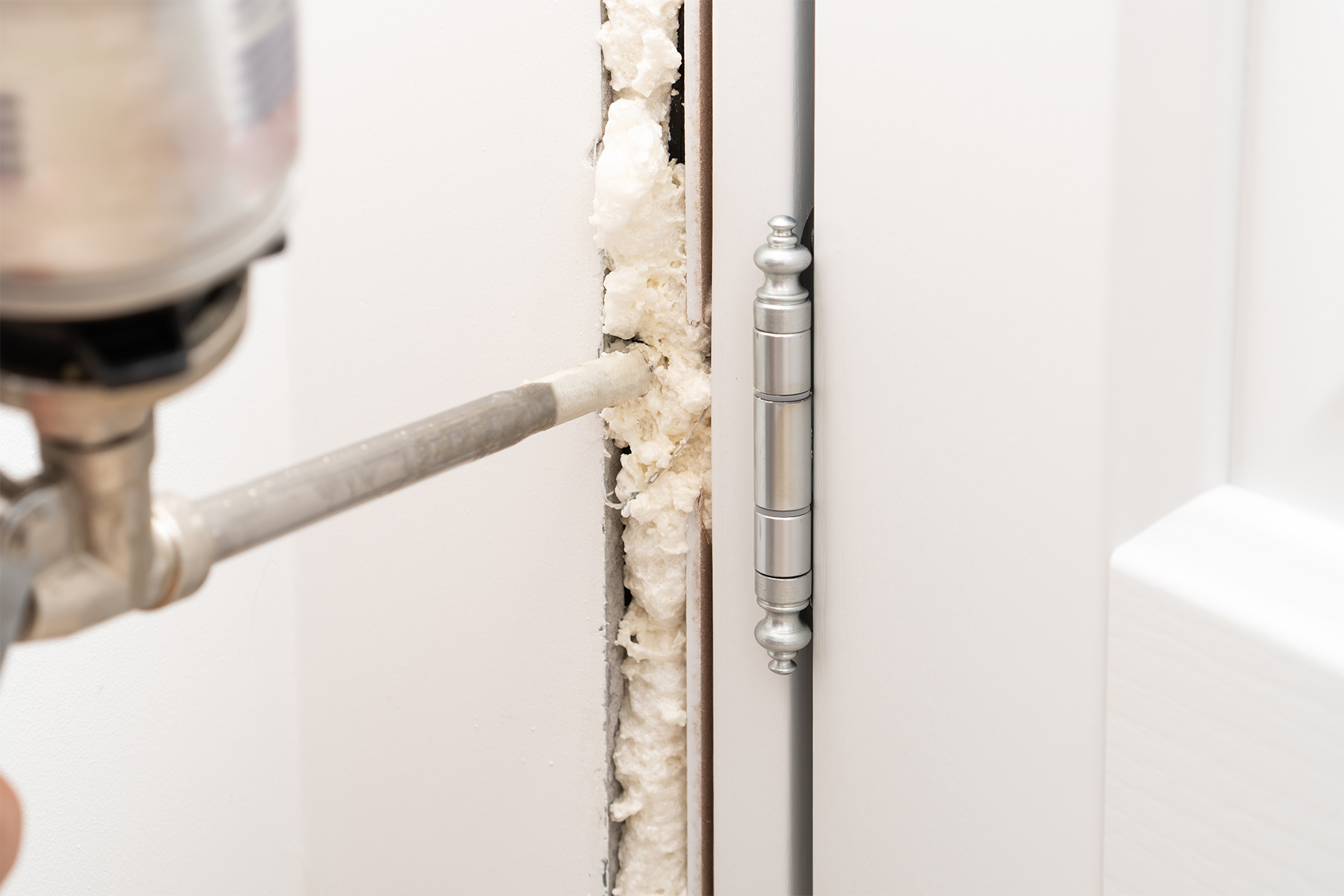Purifying PU manufacturing emissions by eliminating isocyanates
Polyurethane (PU) is a highly versatile substance valued for its application in the automotive, home insulation, mattress, textile and shoe-making sectors among many others across Europe. However, PU is derived from compounds that have the potential to harm human health and the environment if released into the air. These include isocyanates and tetrahydrofuran. DESOTEC supplies industries across Europe with mobile activated carbon filters that can purify air flows from PU manufacturing, enabling them to keep well within legal limits.




